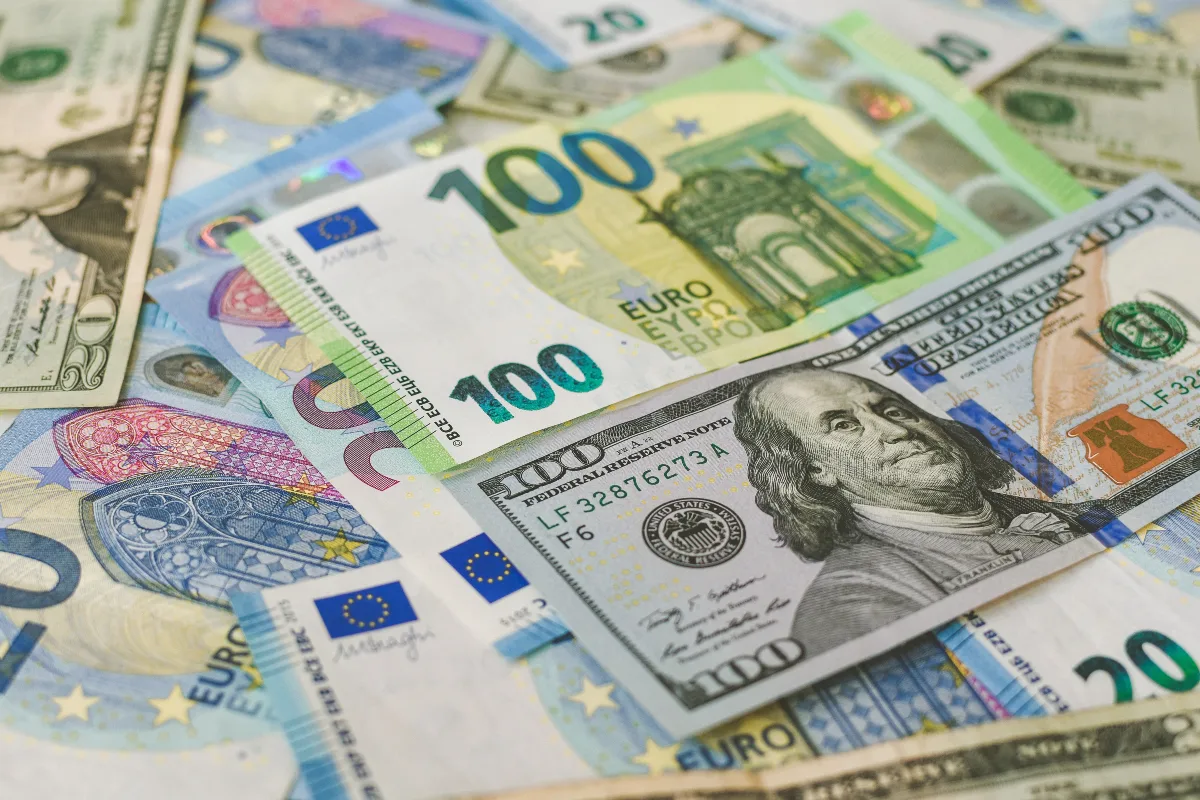With 25% tariffs on the EU, and 10% on the UK, Morningstar’s equity research team have delved into the sector impact across the European and UK markets.
Ben Slupecki, equity analyst and shipping expert, commented: “President Donald Trump announced sweeping tariffs on all imports and additional levies on major trading partners, sending shares of global shippers Maersk and Hapag-Lloyd down 7% and 8%, respectively, in early trading. Given our previous reductions in fair value estimates and our belief that the market is overreacting to Trump’s tariffs, we are making no change to our fair value estimates. As we discussed in our November 2024 note, tariffs did not harm these companies during Trump’s first presidency. Maersk and Hapag-Lloyd saw volumes grow 12% in 2018 and 2019 as their position as the largest carriers allowed them to adapt to the changing flow of global goods and associated changes in routes, coming out the other side in a stronger position than before. Nonetheless, the increased risk of future tariffs and associated reduction in trade demand is a greater risk following the recent news. So far this year, we have reduced Maersk and Hapag-Lloyd’s fair value estimates by 8% and 15%, respectively, on account of the tariffs, but this is still less than the 12% and 20% reductions by the market.”
Matthew Donen, director of equity research and industrials expert, noted: “The newly imposed US tariffs on European goods are unlikely to significantly impact European electrical equipment suppliers due to their local-for-local business models. With 90% of components for companies like Schneider Electric and ABB sourced from within North America, including Mexico under the USMCA, supply chain costs remain largely unaffected. While Legrand may face higher costs, the industry has a strong track record of passing price increases onto customers. Schneider Electric remains our top pick, trading 14% below fair value, with its exposure to growth themes like grid modernisation and AI positioning it favourably for long-term resilience.”
Rella Suskin, equity analyst and autos expert, wrote: “US President Trump’s decision to implement a 25% worldwide import tariff on automobiles and parts, announced on April 2, is set to create significant challenges for the global auto industry. We estimate a negative impact of 20%-30% on the fair value of European headquartered auto manufacturers exposed to the American market. While Stellantis emerges as the most affected European OEM, BMW and Mercedes could also face additional pressure from retaliatory tariffs, given their 50% export rate from US production. While luxury brands like Ferrari and Porsche have larger exposure to US import tariffs, thanks to their strong pricing power and positive effects on residual car values, they are better positioned to mitigate the financial impact.”
Henry Heathfield, equity analyst and insurance expert, said:“Tariffs are likely to impact wealth generation across constituent countries, directly affecting the sales of goods and services. While UK sales to the US, such as cars manufactured in the UK and exported to the US, account for approximately 15% of production, the real concern lies closer to home. Insurance impacts stem from domestic car and home sales in the UK and Europe, just as US-focused European insurers depend on American market sales. Ultimately, the key issue is how much GDP will be shaved off by these tariffs, and the impact that has on consumer spending. I’d estimate a potential top-end impact of around 5%.”















